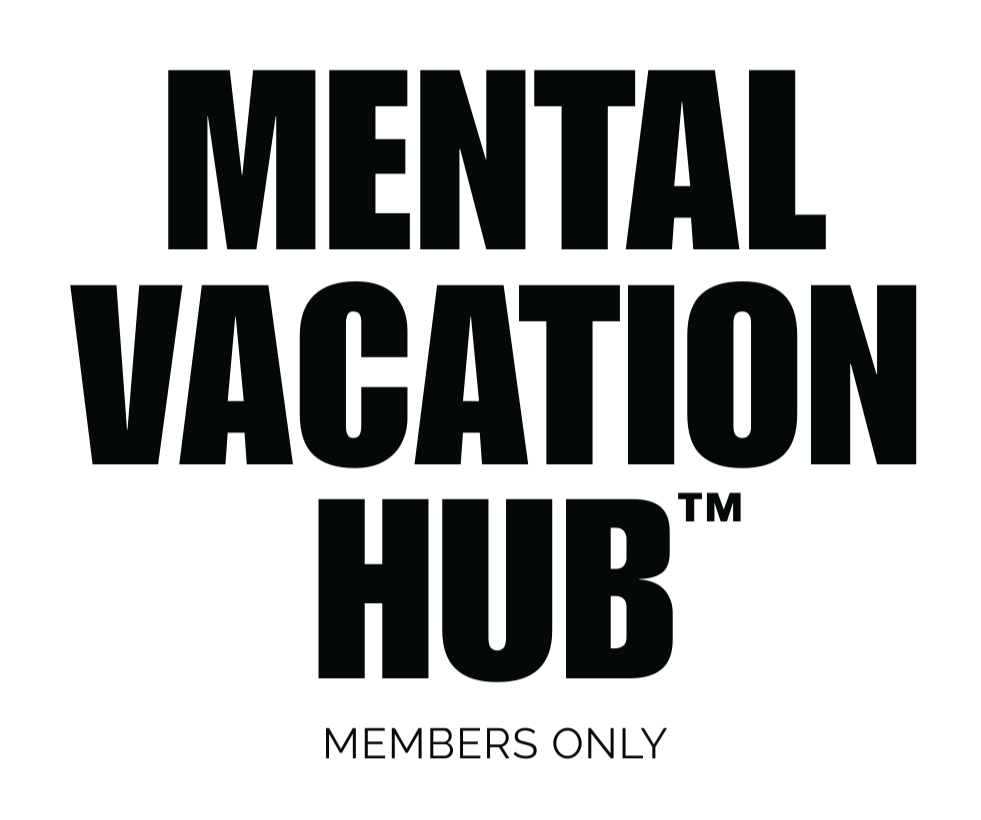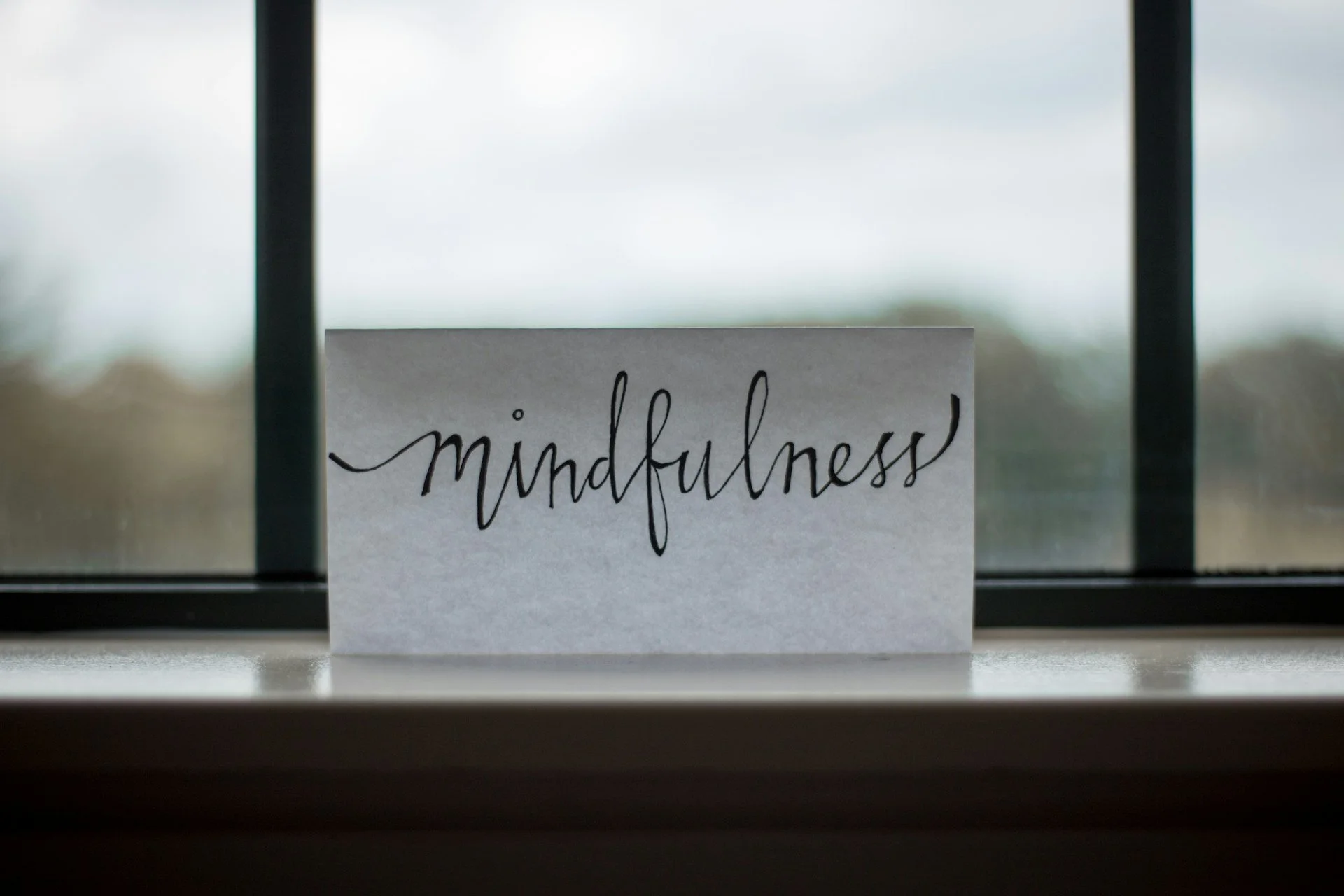Burnout in Consulting: High-Pressure, High-Travel Recovery
The Consulting Lifestyle and Its Demands
Consulting imposes pressures that few other professions face.
Frequent travel interrupts sleep patterns and limits time with family and friends. Clients expect rapid results. Extended hours and mentally demanding projects exhaust both body and mind. Home serves as a temporary stop for errands rather than a place for rest.
Even capable consultants can accumulate strain before recognizing its full impact.
Travel schedules normalize fatigue, client expectations remain constant, and the culture rewards extended availability.
By the time pressure becomes visible, the consultant may have navigated months or years of continuous demand.
Travel and Daily Routine
Hotel stays prevent the establishment of consistent routines.
Sleep declines, exercise becomes sporadic, and access to nutritious meals requires planning that often clashes with travel. Each new city or hotel demands adaptation, and the body rarely achieves equilibrium.
Take action to reduce these effects. Adjust hotel rooms for rest: set the temperature to a comfortable level, block light and noise, and arrange familiar items. Research meals in advance and carry healthy snacks to avoid defaulting to convenience foods.
Incorporate brief periods of movement to maintain energy and support cognitive performance.
Read also: Global Burnout Statistics and Insights for High-Achieving Professionals
Client Pressure and Performance Expectations
Consultants operate under continuous scrutiny.
They deliver solutions under tight deadlines. Mistakes carry visible consequences, and the pace allows no extended pauses. Sixty- to eighty-hour weeks, including weekend work, remain standard. The culture rewards maximum availability.
Allocate time and mental resources strategically. Protect one evening per week for personal priorities or rest.
Small, consistent recovery practices reduce cumulative strain and preserve cognitive capacity for critical decisions.
Intellectual Demands and Cognitive Load
Consultants solve complex problems under high pressure.
Decision fatigue accumulates quickly, and mental energy diminishes by the end of the day. Cognitive demands remain constant regardless of physical exhaustion.
Prioritize tasks according to impact and reserve mental energy for essential decisions. Schedule quiet reflection, reading, or short rest periods to restore focus without compromising professional obligations.
Relationships and Social Connectivity
Frequent absences strain personal relationships.
Time at home remains limited, reducing opportunities for meaningful engagement with partners, children, and friends. Social invitations decline due to unpredictable availability.
Focus on quality over quantity in interactions.
Engage fully during home periods, maintain regular video calls during travel, and communicate schedule constraints clearly to preserve relational stability.
Identity and Professional Self-Concept
Consultants often tie their identity to their professional role.
Prestige, intellectual challenge, and compensation reinforce this fusion. When pressures rise, reliance on work as the primary identity source creates vulnerability.
Cultivate personal interests, friendships, and skills outside work. A well-rounded identity supports resilience and ensures long-term effectiveness and fulfillment.
Recovery Strategies Within a Demanding Schedule
Consultants can maintain physical, mental, and emotional equilibrium with deliberate practices.
Create small routines that function in any environment, such as brief morning exercises or evening reflection. Adjust hotel rooms for comfort immediately upon arrival. Plan meals and snacks in advance. Maintain movement through short exercise sessions.
Reserve one evening per week for personal priorities. Maximize time at home for rest and meaningful connection. Use travel periods for rest, reading, or personal activities rather than constant work.
These strategies introduce stability and predictability, offsetting the variable nature of the consulting lifestyle and preserving long-term performance.
When Professional Adjustments Are Necessary
Evaluate whether current demands align with long-term goals and personal priorities.
Extended travel, sustained high-pressure workloads, or limited personal time can compromise health and performance.
Negotiate reduced travel, adjust client responsibilities, or explore alternative roles to maintain effectiveness and wellbeing.
In some cases, leaving consulting may provide the only path to sustainable performance.
Supporting a Consultant’s Professional and Personal Balance
Colleagues, partners, and family members play a crucial role.
Recognize that client demands limit schedule flexibility. Protect home time from intrusion. Maintain communication during travel to reduce isolation. Encourage professional guidance when appropriate.
Engage in open and honest discussion about priorities, constraints, and relationship impact to strengthen support and reinforce sustainable practices.
Key Practices for Sustainable Consulting
Establish micro-routines: Create repeatable practices for rest, reflection, or movement in any environment.
Optimize environments: Adjust hotel rooms for comfort, light, and noise.
Plan meals: Research options in advance and carry healthy snacks.
Maintain movement: Perform daily physical activity to support energy and focus.
Protect personal time: Reserve one evening per week for rest or meaningful activity.
Maximize home recovery: Focus on rest, connection, and personal priorities during home time.
Use travel strategically: Allocate transit periods for rest, reading, or personal engagement.
Burnout in Management Consulting: Causes & Solutions
Conclusion
Consulting requires high cognitive capacity, continuous availability, and frequent travel.
Professionals achieve sustainable performance by stabilizing routines, protecting personal time, optimizing environments, and maintaining social connections. Consultants maintain effectiveness not by enduring every demand but by managing energy, presence, and priorities strategically.
Intentional actions ensure long-term success, resilience, and fulfillment.
More About Burnout:
Ready to recover? Get Your Burnout SOS Handbook:

Burnout SOS Handbook: Practical steps to understand, survive, and recover from your burnout. Easy to follow - just right for a brain-fogged head. Start your healing today!
Take the Burnout Test
Our 5-minute Burnout Test cuts through the confusion and gives you a personalized snapshot of where you stand and what comes next.
Start the test →





